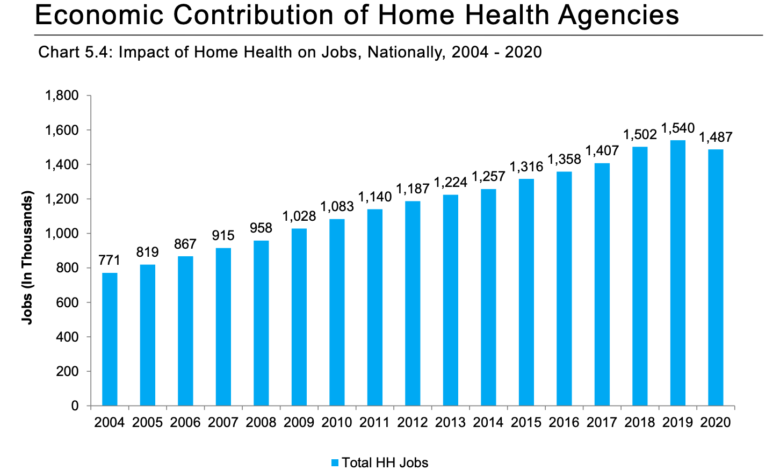How Health Care Affects the Economy

The health care sector is an integral part of the economy. It employs many people and contributes to government spending.
In many countries, health care is provided on a private or pay-for-service basis. This allows those with more money to access higher quality care. On the other hand, some countries have single payer systems which guarantee universal access to quality healthcare services.
Costs
The health care sector is one of the most significant components of the economy. It accounts for over 5% of total economic output and provides employment, research, and innovation to other sectors.
Recently, however, the overall growth in healthcare costs has exceeded that of the rest of the economy. This has caused concern that continued rapid increases in health care spending could harm the economy as a whole.
The government collects data on national health expenditures, which include both public and private spending. Over the past few decades, the share of health spending that goes to private organizations has grown substantially (Figure 3).
Employment
A healthy health care sector is essential to economic prosperity. It provides jobs and essential services like education, social support, and healthcare that are crucial for any economy’s well-being.
Increased health care spending can have a disruptive effect on the economy, as companies become less likely to cut other expenses, reduce wage increases, hike up health insurance premiums or require employees to bear more of the costs.
Reduced healthcare costs could cause workforce cuts, layoffs and the hiring of more part-time and temporary workers than necessary for less expensive healthcare solutions.
Furthermore, rising healthcare costs also result in higher interest rates that stifle investment elsewhere. Thus, health care plays a significant role in determining the size of the national economy. Lowering these costs and expanding coverage would raise living standards, increase efficiency, avoid disastrous budgetary repercussions, and improve labor market functioning by eliminating restrictions on job-switching that exist currently.
Productivity
Productivity is the efficiency with which a company or country transforms raw materials into finished goods. It takes into account factors like available labor, land, capital facilities, machinery and equipment as well as technological advances, managerial strategies and adjustments to other inputs.
Productivity levels in an economy can help economists decide how efficiently resources are utilized and plan future economic activities. In the long run, higher productivity growth leads to higher wages and employment for all citizens.
However, productivity of workers may decrease during times of low demand or high unemployment. This is because firms use capital and labor more intensively during such instances.
Measured productivity is often an inaccurate representation of actual productivity since it depends on transient factors that change over time. For instance, the authors note that technology changes were responsible for many unusual increases in measured productivity during the 1990s, yet this measurement also takes into account firms’ and workers’ decisions to work more or less during times of high demand.
Taxes
Taxes have a profound effect on the economy, taxing various goods and services. These can range from income and wealth taxes, sales/value added taxes, as well as duties on imported items.
Income taxes are levied on earned or unearned income, such as salaries, wages, tips and commissions. They provide a major source of government revenue to fund public services as well as Social Security and Medicare programs.
Taxes on consumption can be classified as either progressive or regressive, depending on the amount subject to taxation. Consumption taxes tend to target luxury items or products that poor people tend to spend a greater portion of their income on, such as food and utilities.
Taxing health care services can help to reduce the risk of noncommunicable diseases (NCDs), such as cardiovascular disease, cancer and diabetes. These taxes have been shown to be cost-effective in combatting NCDs while also raising revenue to finance economic recovery initiatives and health care budgets.




